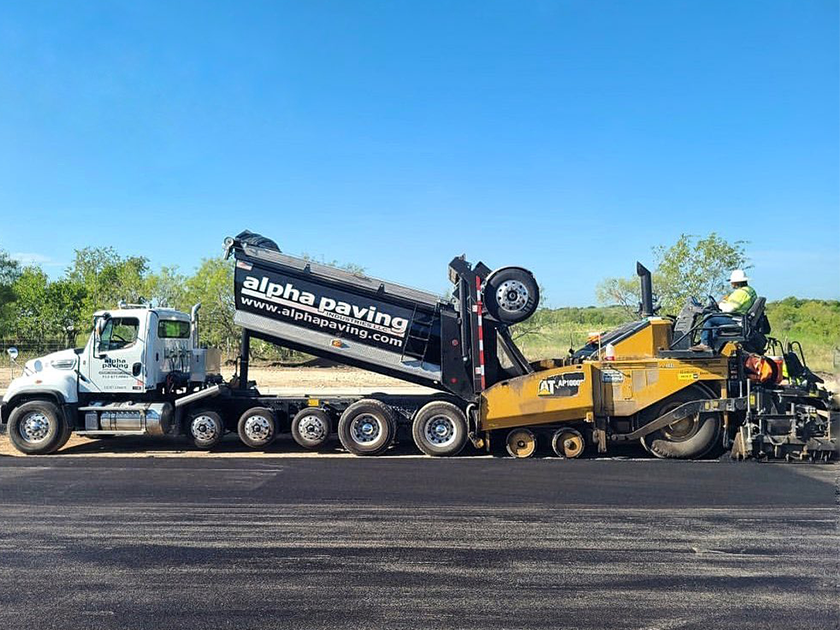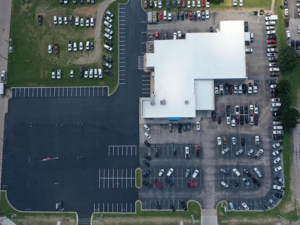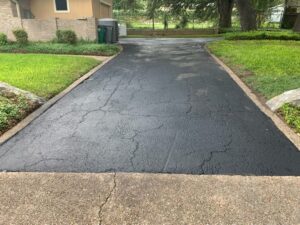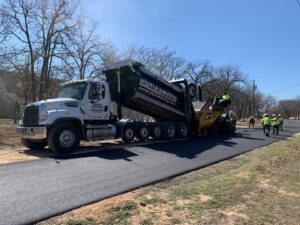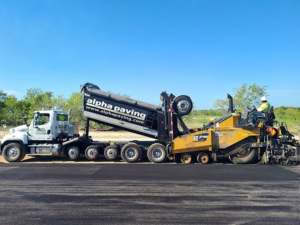 Contrary to what some people believe, asphalt paving contractors do not close down their businesses as soon as cold weather arrives. It is often possible to pave in colder weather, but one must first define exactly how cold, and it will be necessary to evaluate several other factors. If all of the factors align, there should be no appreciable difference in quality and longevity if you compare a pavement that a competent contractor built during the heat of summer, built during a cold snap in winter, and one that he built during ideal weather conditions.
Contrary to what some people believe, asphalt paving contractors do not close down their businesses as soon as cold weather arrives. It is often possible to pave in colder weather, but one must first define exactly how cold, and it will be necessary to evaluate several other factors. If all of the factors align, there should be no appreciable difference in quality and longevity if you compare a pavement that a competent contractor built during the heat of summer, built during a cold snap in winter, and one that he built during ideal weather conditions.
How Cold Must It Be Before Asphalt Paving Companies Refuse to Pave?
One universal rule is that asphalt paving contractors will not attempt to install a pavement if the ground is frozen. Placing asphalt on top of frozen ground typically results in a pavement that develops numerous cracks and potholes as soon as the ground thaws. However, other conditions are often just as crucial for successfully paving in cold weather.
What Conditions Influence the Advisability of Installing Asphalt Pavement in Cold Weather?
Whether the project calls for driveway paving, street paving, or parking lot paving, temperature plays several critical roles. First, there is the temperature of the asphalt when it arrives from the plant; for most jobs, the asphalt should be somewhere in the neighborhood of 300 degrees Fahrenheit upon arrival. If there is a considerable distance between the batch plant and the site, it may be impossible to maintain the appropriate temperature even with tarps and other warming methods. The next temperature-related issue involves the loss of heat during the initial application. Regardless of the season, the ground will always be colder than the asphalt. The thermal equilibrium principle states that two substances with different temperatures will exchange heat until both achieve the same temperature. In other words, the colder the ground is, the more heat it will drain from the asphalt. Since adequate compaction requires that the asphalt be workable, an excessive heat loss will make the asphalt too stiff and chunky to produce a strong, well-knit pavement. The third temperature-related problem is when the paving company will have to complete the compaction. As a rule, the thinner the layer of asphalt, the less time the workers have to compact it. For example, when installing an asphalt overlay on a day with an air temperature of around 42 degrees Fahrenheit, a layer that is 1.5 inches thick will require the crew to complete the compaction within approximately 15 minutes. Because thicker layers retain their heat longer, doubling the asphalt layer’s thickness can often triple or quadruple the window of time for compaction.
What Other Factors Affect Paving in Cold Weather?
A few additional factors can affect cold-weather paving, but they typically have a minor impact. Despite this, asphalt contractors must consider their potential effect.
1. A strong wind can expedite the cooling of the asphalt from the top. With the asphalt already losing heat to the ground, this sandwich of hot asphalt between two cooled asphalt layers has the potential to reduce the time available to achieve compaction.
2. Asphalt efficiently absorbs heat from the sun. A bright, sunny day might be of some assistance to the contractor, and an overcast day might have a negative impact.
3. The air temperature has relatively little impact on the asphalt’s cooling rate. However, it can be a factor on a day that is also overcast and windy.
Alpha Paving is an experienced, highly reputable, full-service paving company serving Central Texas clients from our headquarters in Round Rock. Our services include asphalt patching, crack repair, pothole repair, street maintenance, parking lot striping, asphalt overlay and paving, thermoplastic pavement markings, parking lot signs, asphalt milling, road construction, asphalt sealing, and concrete installation. Our clients include recreational facilities, religious institutions, health care facilities, retailers, airports, municipalities, educational facilities, property management companies, hotels, subdivisions, apartment complexes, counties, and homeowner associations. If you are ready to request a free quote, you can either call or complete the online form or call us at 512-677-9001.

